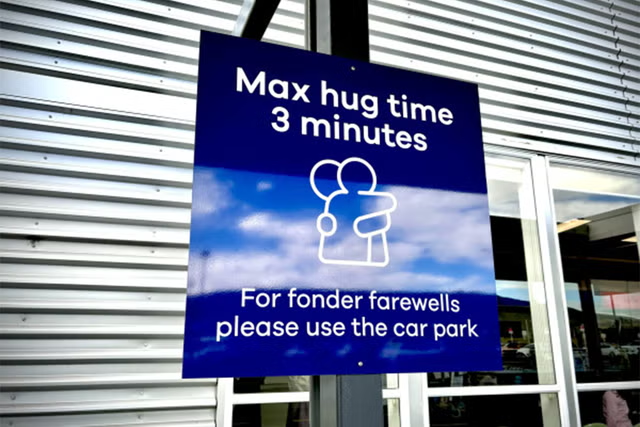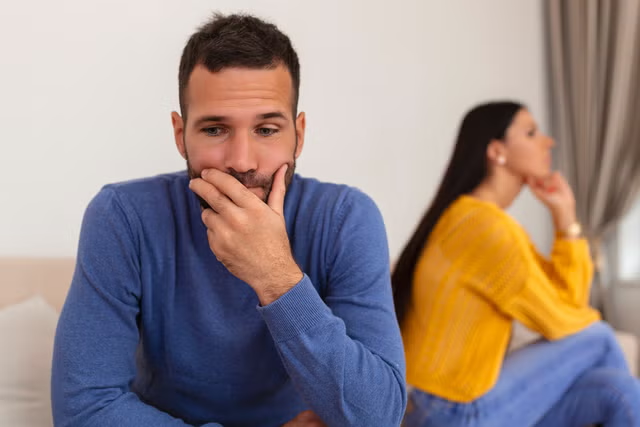Your support helps us to tell the story
Support NowThis election is still a dead heat, according to most polls. In a fight with such wafer-thin margins, we need reporters on the ground talking to the people Trump and Harris are courting. Your support allows us to keep sending journalists to the story.
The Independent is trusted by 27 million Americans from across the entire political spectrum every month. Unlike many other quality news outlets, we choose not to lock you out of our reporting and analysis with paywalls. But quality journalism must still be paid for.
Help us keep bring these critical stories to light. Your support makes all the difference.
Australian senator Lidia Thorpe has made headlines around the world after denouncing King Charles following his Parliament House reception speech.
Lidia Thorpe, 51, accused the British monarchy of genocide in a fiery speech before telling Charles “you’re not my King” as he returned to his seat from a lectern in Canberra.
“Give us our land back. Give us what you stole from us – our bones, our skulls, our babies, our people,” she told the monarch before being escorted away by security. “You destroyed our land. Give us a treaty. We want a treaty in this country. You are a genocidalist. This is not your land.”
Ms Thorpe, an Indigenous woman from Victoria, has long advocated for a treaty between Aboriginal and non-Aboriginal Australians to recognise their autonomy and set right historical wrongs.
Following the protest, the remainder of the event on the monarch’s second official day of engagements continued as planned, and there was no reference to Ms Thorpe’s protest.
Ms Thorpe later told the BBC that she wanted to send “a clear message” to Charles – the first ever king of Australia, who is currently in the midst of a six-day tour of the country.
“To be sovereign you have to be of the land,” she said. “He is not of this land.”
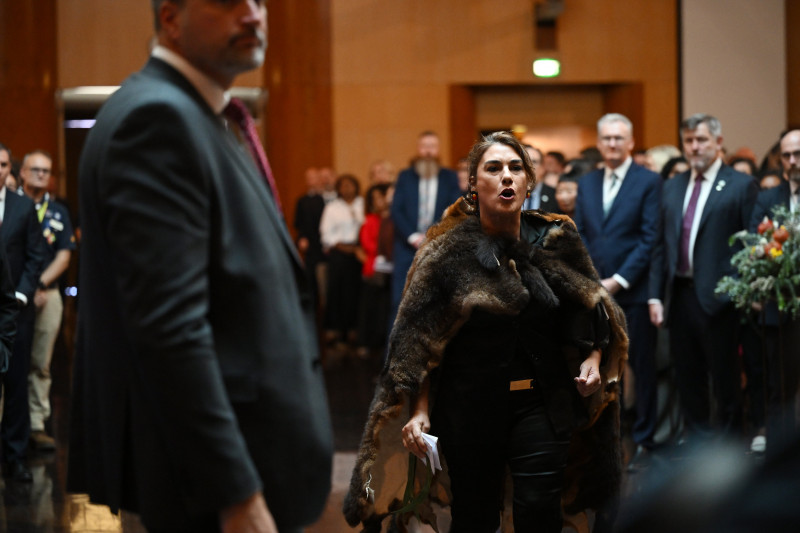
Ms Thorpe, a Gunnai, Gunditjmara and Djab Wurrung mother, grandmother, is a well-known activist for Indigenous causes. Her recent actions, however, have been described as her most high-profile protest to date.
She became the first Indigenous woman to be elected to the Victorian state parliament with Green Party in 2017. While her seat was subsequently lost in 2018, she was preselected to be a senator for the party in the federal government in 2020.
At the time of her swearing into parliament in 2020, she raised her hand in a black power salute. She did so while wearing a traditional possum-skin cloak and holding an Aboriginal message stick.
The stick was covered in 441 marks to represent the deaths of Aboriginal people known to have died following the 1991 royal commission into deaths in custody.
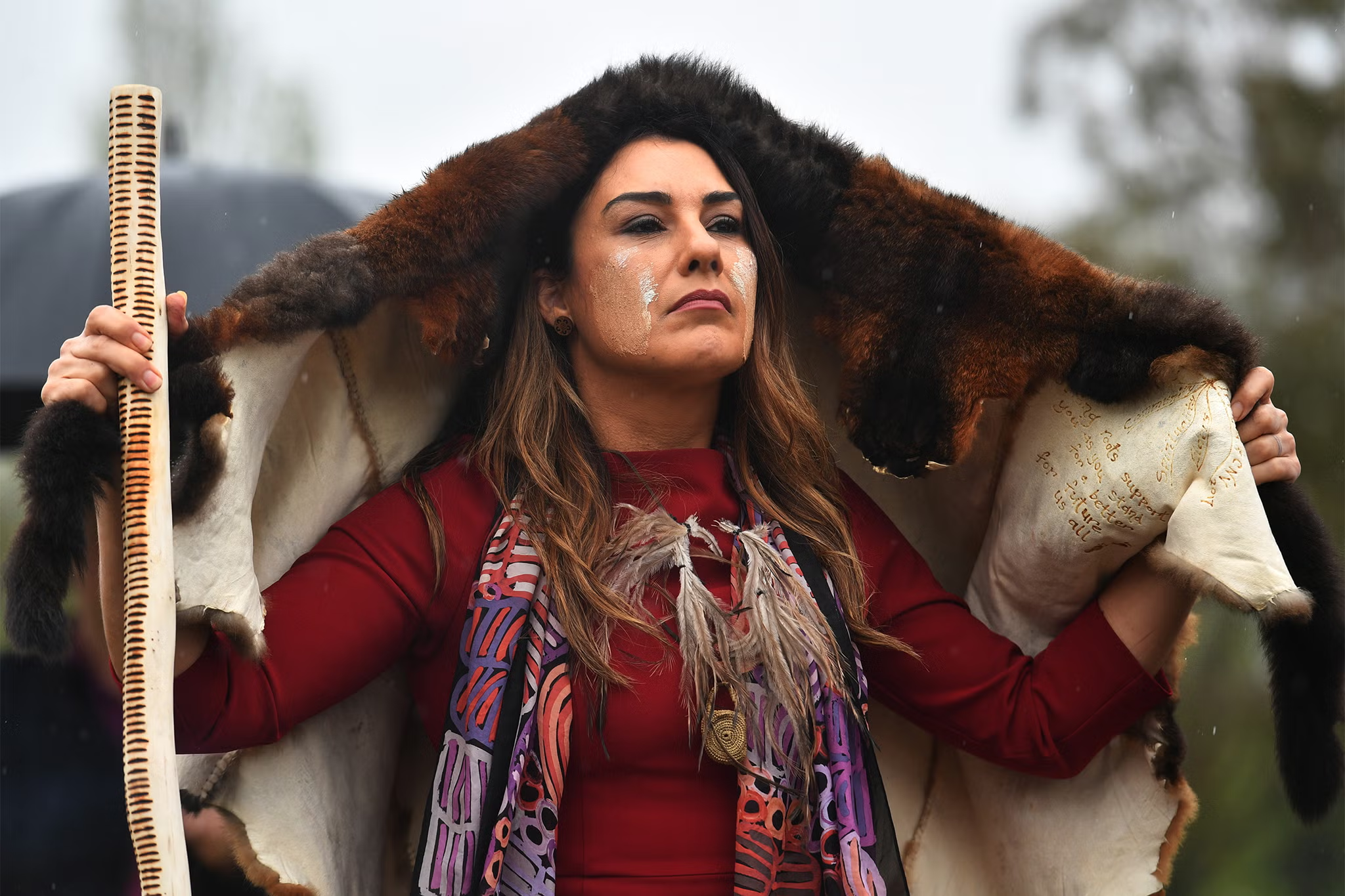
Ms Thorpe previously told Nine newspapers: “I had no choice in being influenced by black activists and the black struggle of my people… I was born into it and I don’t know anything else.”
She protested again in 2022 upon her re-election, describing the late Queen Elizabeth II “the colonising Her Majesty Queen Elizabeth II” in her oath. Ms Thorpe was then forced to recite her oath again using the correct words.
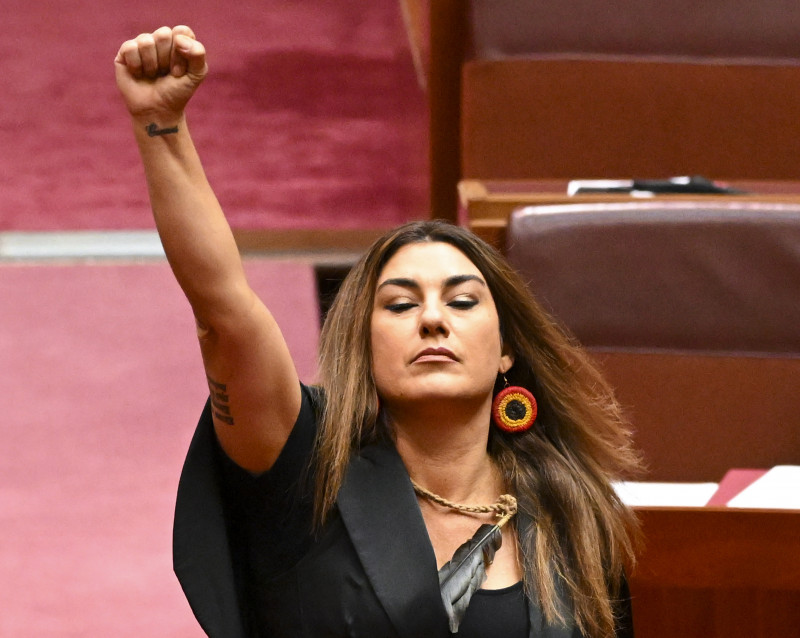
The politician ultimately became an independent to “amplify the black sovereign movement” in 2023 following disagreements within the Greens surrounding the proposed Indigenous Voice to Parliament, which attempted to give representation to the views of Indigenous people in parliament.
Ms Thorpe, who spent years campaigning for Indigenous causes even before beginning her political career, last hit the headlines in April 2023 following the release of footage of her in an altercation outside a Melbourne strip club.
It saw her argue with men who she claims provoked her. The strip club manager, however, said that she had caused the argument by accusing the men of stealing her land.
The causes championed by Ms Thorpe on behalf of Indigenous Australians include the reform of the prison and justice systems, environmental issues and land rights.
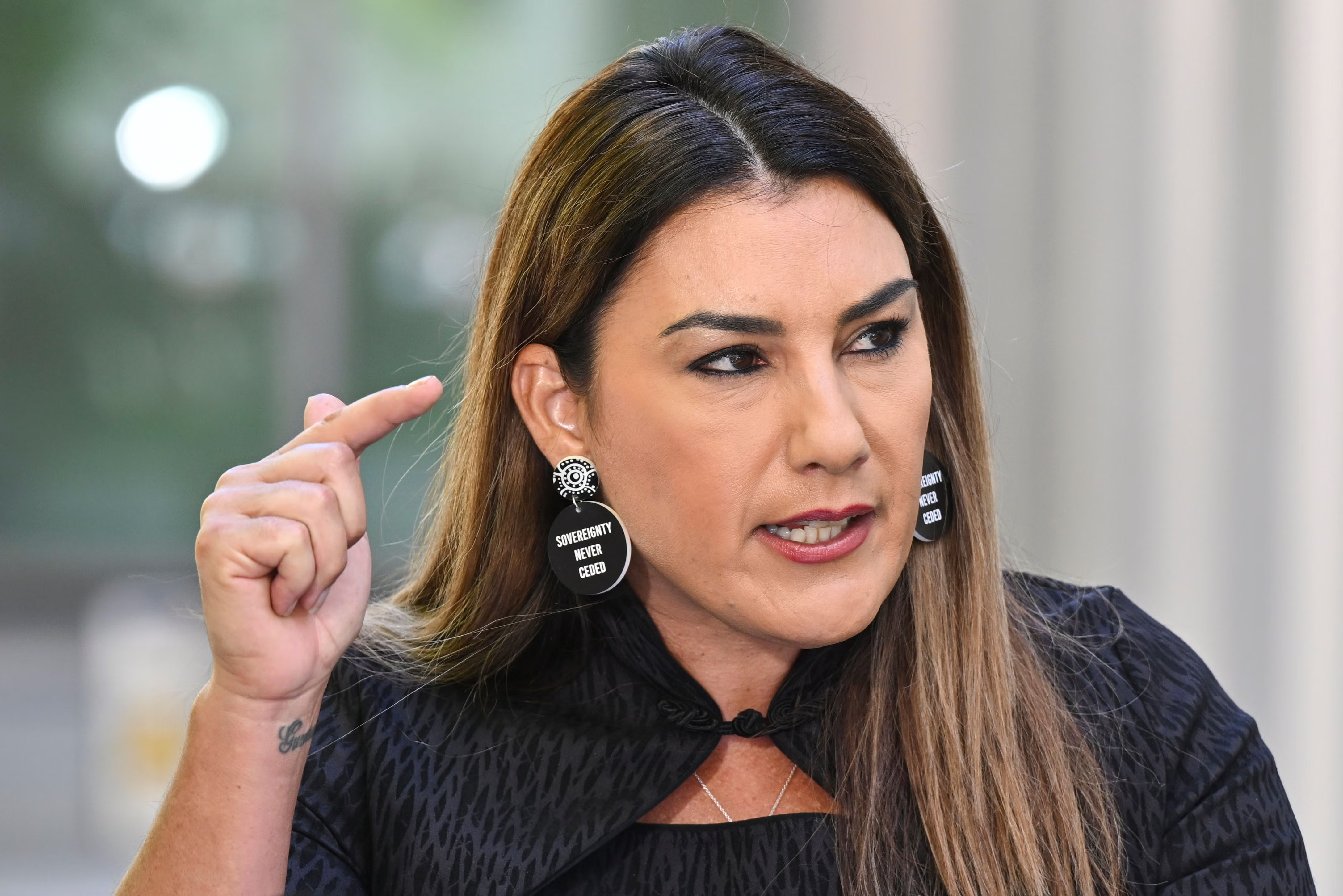
In a statement released ahead of King Charles’s arrival on Friday, Ms Thorpe described the British monarch as “not the legitimate sovereign of these lands” and said the monarchy had “committed a genocide of our people”.
“There’s unfinished business that we need to resolve before this country can become a republic. This must happen through Treaty,” Thorpe said.
“We can move towards a Treaty Republic now. The two processes are not opposed, they’re complimentary.”
The issue of the British monarchy’s continued rule of Australia was last put to a referendum in 1999, when 55 percent of Australian people chose to keep the institution.
Disclaimer: The copyright of this article belongs to the original author. Reposting this article is solely for the purpose of information dissemination and does not constitute any investment advice. If there is any infringement, please contact us immediately. We will make corrections or deletions as necessary. Thank you.
